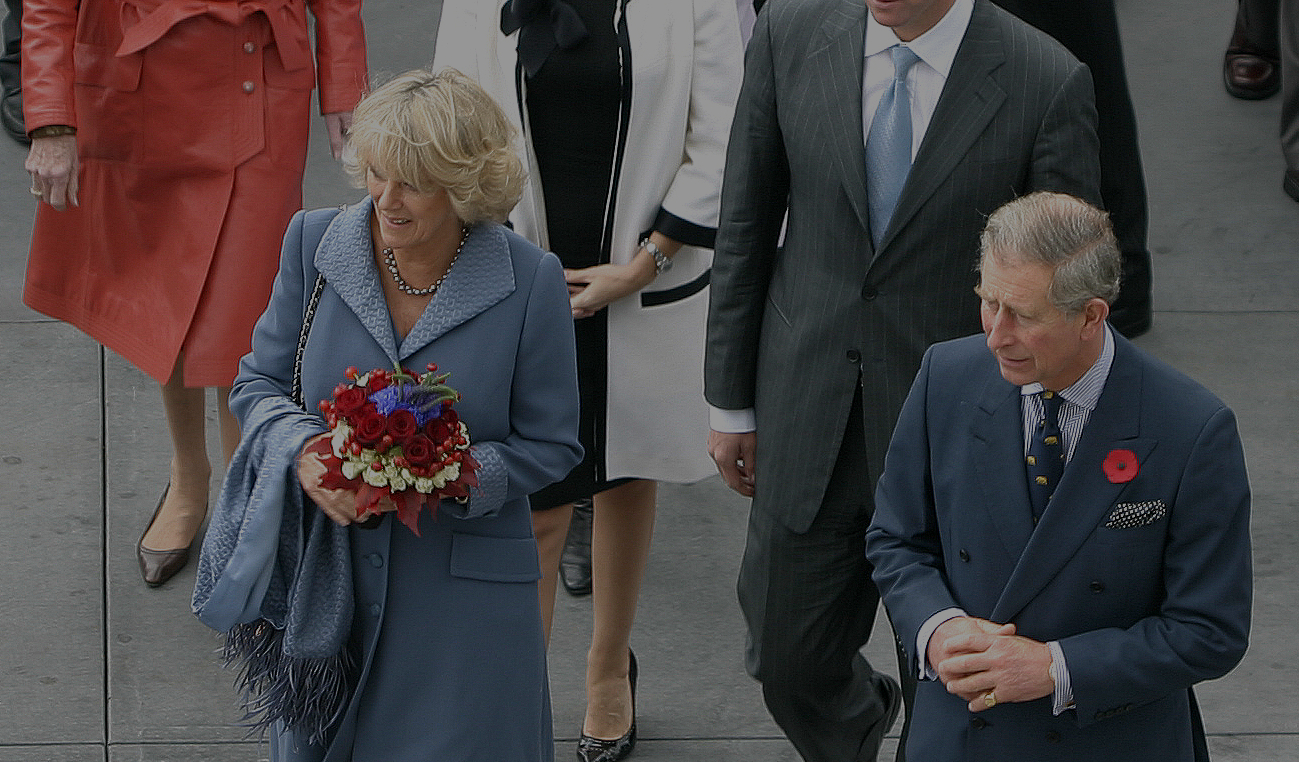After his elevation to the throne, the financial status of King Charles III has been under scrutiny this week.
As reigning monarch, he is in line to inherit assets and wealth worth an estimated £17bn.
A post on social media claimed he would not pay any inheritance tax on this amount, due to a law protecting royal wealth. It was shared 16,000 times on Twitter.
Ferret Fact Service looked at this claim and found it True.

Evidence
The wealth of the royal family is fairly complex. The different roles in the monarchy, come with significant assets attached, and some members of the royal family also have large personal wealth.
King Charles already had a fortune estimated to be worth about £380m when he was still a prince.
When King Charles III was a prince, he was entitled to the assets of the Duchy of Cornwall, which has now passed to his eldest son, Prince William. This is worth more than £1bn.
The Duchy of Lancaster, which has existed for 700 years and owns more than 18,000 hectares of land in England and Wales, is owned by the reigning monarch. The assets from this will come to the new King. These assets are worth more than £650m.
Then there is the Crown Estate, which is the largest asset that the monarch has. The Crown Estate owns significant land and property, including large parts of London including Regent’s Street and St James’. It is worth £15.6bn, according to its latest financial reports.
The assets of the Crown Estate are owned by the monarchy, but income from the estate is given to the UK Government as part of a deal made in 1760. A proportion of this money is returned to the monarch, known as the sovereign grant.
What are the rules around inheritance tax for non-Royals?
For the general public in the UK, inheritance tax is paid on the property, money and possessions of a person who has died. This is usually paid at 40 per cent of any estate valued over £325,000.
This amount can be reduced though if some of the estate is left to charity. The current form of inheritance tax was passed into law in 1986, but the concept has existed in UK law for hundreds of years.
Will King Charles III pay inheritance tax?
No, not on the wealth passed down from the Queen after her death. An arrangement with the UK Government in 1993 means the reigning king or queen is exempt from paying tax on assets passed onto to their successor.
This was justified at the time of the agreement by then-prime minister, John Major, who said there was “ a unique circumstance in a hereditary monarchy, and it is right therefore that there should be specific exemptions for assets passing from one sovereign to his or her successor”.
This rule only applies to assets which are passed onto the next monarch, and not to gifts or bequests given to others.
The memorandum of understanding on royal taxation sets out the government reasoning behind this move, stating: “The monarchy as an institution needs sufficient private resources to enable it to continue to perform its traditional role in national life, and to have a degree of financial independence from the Government of the day.”
Ferret Fact Service verdict: True
It is correct that the Queen’s assets will not be subject to inheritance tax as they are passed to the new King Charles III. This is because of a 1993 arrangement which was put in place by John Major’s Conservative government to avoid the wealth of the royal family being “salami sliced away” through taxation. The standard rate for non-royals is 40 per cent of any estate value above £325,000.

Photo credit: Thomas Hawk, CC BY-NC 2.0.














